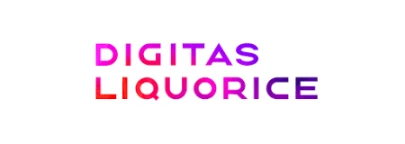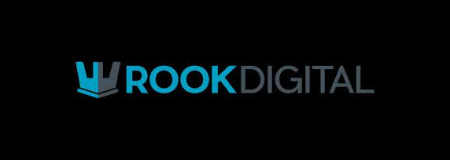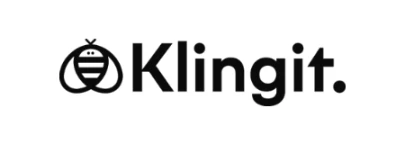Digital recruitment, like many other fields, faces a set of evolving challenges in the modern job market. Here are some of the key challenges in digital recruitment currently:
😎 Talent Shortages: The demand for digital talent is high, but the supply often falls short. Finding individuals with the right skills and experience can be challenging, particularly in specialized areas like cybersecurity, AI, and data science.
🌍 Remote Work Considerations: The shift towards remote work has created new challenges in assessing candidates for their ability to work effectively in a virtual environment and evaluating their remote work skills.
🤦♀️ Candidate Experience: A poor candidate experience can negatively impact a company’s reputation. Recruiters must provide a smooth and positive experience for candidates throughout the recruitment process.
💫 Competition: Tech companies and startups are competing for the same talent. This has led to a “war for talent,” where organizations must offer attractive packages and career development opportunities.
🤖 AI and Automation: While AI can streamline recruitment processes, it can also introduce bias and replace human touch. Finding the right balance is crucial.
👾 Over-reliance on Keywords: Traditional keyword-based applicant tracking systems (ATS) can lead to the rejection of potentially excellent candidates who don’t precisely match a list of keywords.
💉 COVID-19 Impact: The pandemic has disrupted hiring processes and altered work dynamics. Recruiters must adapt to the changing landscape and understand the long-term implications of these changes.
How to address these challenges?
Recruiters must stay informed about industry trends, leverage technology thoughtfully, and develop strategies for attracting and retaining digital talent while promoting diversity and inclusion in the workforce. It’s an ongoing process of adaptation in the fast-paced world of digital recruitment.

























